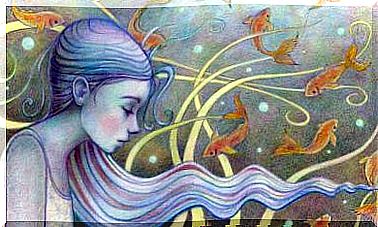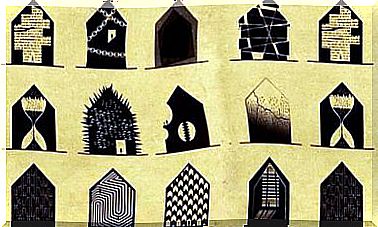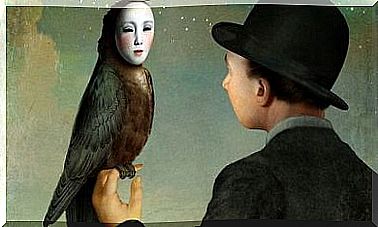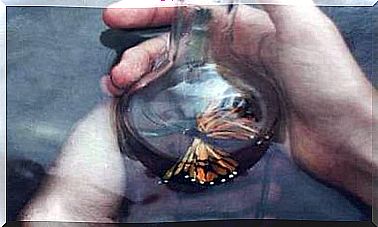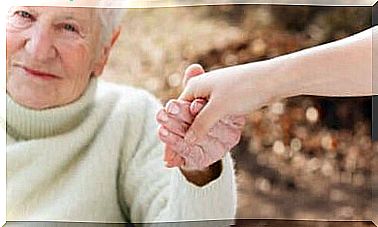Let Yourself Be Loved, Because True Love Doesn’t Hurt
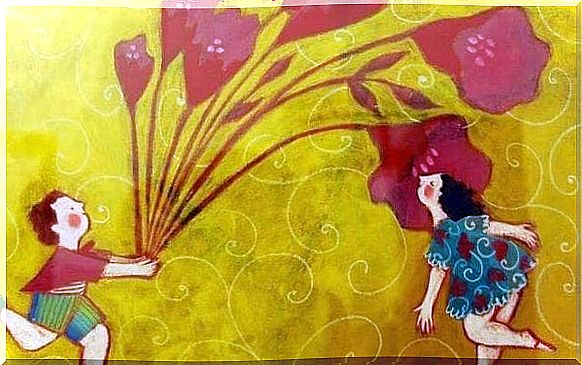
Let yourself love, for authentically beautiful love will never harm us, nor betray us, and feel no sorrow. Love worth the name – and the joy that goes with it – is given, offered, with open eyes, and a passionate heart. Such love thrives in a conscious, mature relationship, where inner voids, or silences, do not need to be neurotically filled, and where selfishly based loneliness finds no hearing, nor narcissistic relief.
If we think about it for a moment, we will realize that the most deeply entrenched idea of our popular culture par excellence is the classical notion that ‘ whoever really loves you will make you suffer ‘. And that often unspoken, implicit assumption, or ‘logic’, doesn’t really make sense. Pain and love are two very different things , states, states of mind – after all, a sincere relationship based on reciprocity will never allow toxic feelings to flourish.
John Gottman, one of the world’s foremost relationship experts, explains in his book “The Secret of Long-Term Relationships” that the key to stability and happiness in love lies in the ability to give yourself over and over. By this, this emeritus professor of psychology at the University of Washington refers to the extraordinary importance of mutual care, attention and involvement, of being genuinely interested in each other, and – above all – of jointly nurturing and creating shared values, meaning and memories.
(Chronic) emotional pain, for that matter, has no place in this kind of unique, intimate, and life-affirming relationship.

The impact of a lack of love on our brains
One of the most important attributes or even marks of people whose romantic relationship grows and flourishes on the basis of respect, delight and gratitude is that they continue to love as if they had never been hurt, and without ever having old hurts, for example from previous relationships, on project their new partner. And is not a trace of bitterness in their sky or horizon, and not a lack of confidence.
That said, there are those who, on the other hand, live in the belief that love per se hurts, because their past experiences have apparently confirmed this belief over and over again. In fact, according to a study published in the journal of neurophysiology [‘ Journal of Neurophysiology’ ], our brain responds to emotional pain (e.g., a divorce, or verbal brawl) in the same way as it does to physical injury.
There is an intriguing shift in focus today within this academically broad, promising and cross-pollinating field – particularly from relational neurobiology. The premise of these sometimes literally “groundbreaking” theories is that our brains, thanks to their neuroplasticity, can heal themselves from these psychological wounds, from these imprinted pain stimuli.
If we were able to reconstruct neuronal networks damaged by pain and trauma, and then strengthen them as connections reborn , we would undoubtedly achieve a healthier and more resilient inner balance.
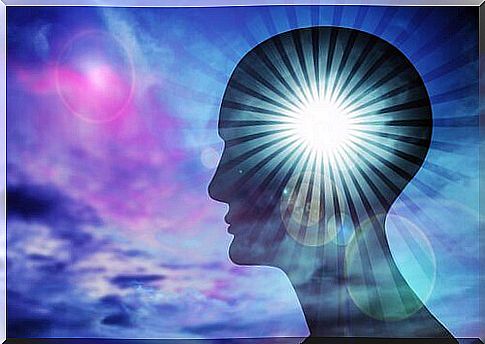
The doctrine of ‘Interpersonal Neurobiology’ (IPNB) was originally developed by the celebrated psychiatrist Dan Siegel. According to this author, the best way to repair neuronal networks damaged by helplessness or chronic grief is to practice meditation.
This promotes intrinsic calmness: an immanent balance in which we rediscover the contact with ourselves, and learn to understand live – in the moment – that what hurts and hurts is not so much love, but our highly personal actions and reactions. In other words: our inability to commit to the other, to spiritual self-sacrifice, in which you compassionately slaughter – mutually – selfishly motivated impulses on the altar of the devotional relationship.
Glorious love, of the kind that don’t hurt, and don’t cry no tears
What hurts is the lack of love; never the (pure) LOVE itself, in capital letters. What makes us sad is the lost and futile struggle, the weariness of a shattered heart, the hopelessness, that bitter turning point when we hear soothing phrases like ” I promise you I’ll really change this time, ” or ” I’m sure that things will turn out differently from now on, better ‘, can no longer believe in good faith.
Absolutely refuse a love that always tastes salty (and sour), whose grievous lubricant is a cascade of tears. Don’t let anything or anyone tell you that all life lessons come from suffering, or even require it. As if the promised redemption, and rebirth, can only be ‘attained’ or found through colossal torments.
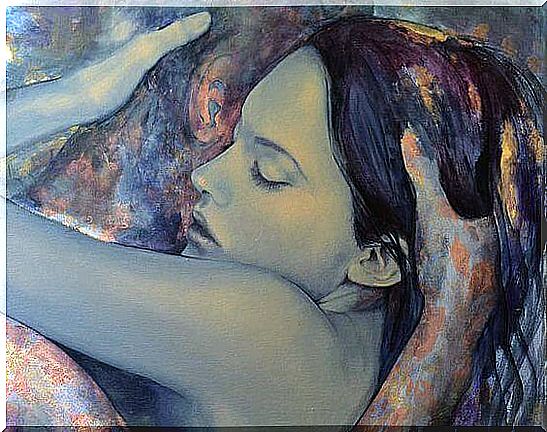
Happiness contains, and is also a form of, wisdom – and can also teach us a lot. For true love, which may be written in capital letters, has no harmful side effects, and is never belittled by fear, mistrust, or other selfish symptoms. This pure, unadulterated, flawless affection does no harm, hurts no one (intentionally), looks straight but tenderly through a dirty look or fake smile, and lets the dark cloud of a bad mood spontaneously melt away from you.
As the great Erich Fromm reminded us, love is above all an act of faith, an unconditional choice of the heart, a leap of faith. Although no one assures us, or can even assure us, that everything will be all right, we do not doubt, and we consciously take the risk, we offer our partner – in full surrender – the best of ourselves, and thus we welcome the other in this inspiring soul bond.
Give your blessing, and never curse him or her.
